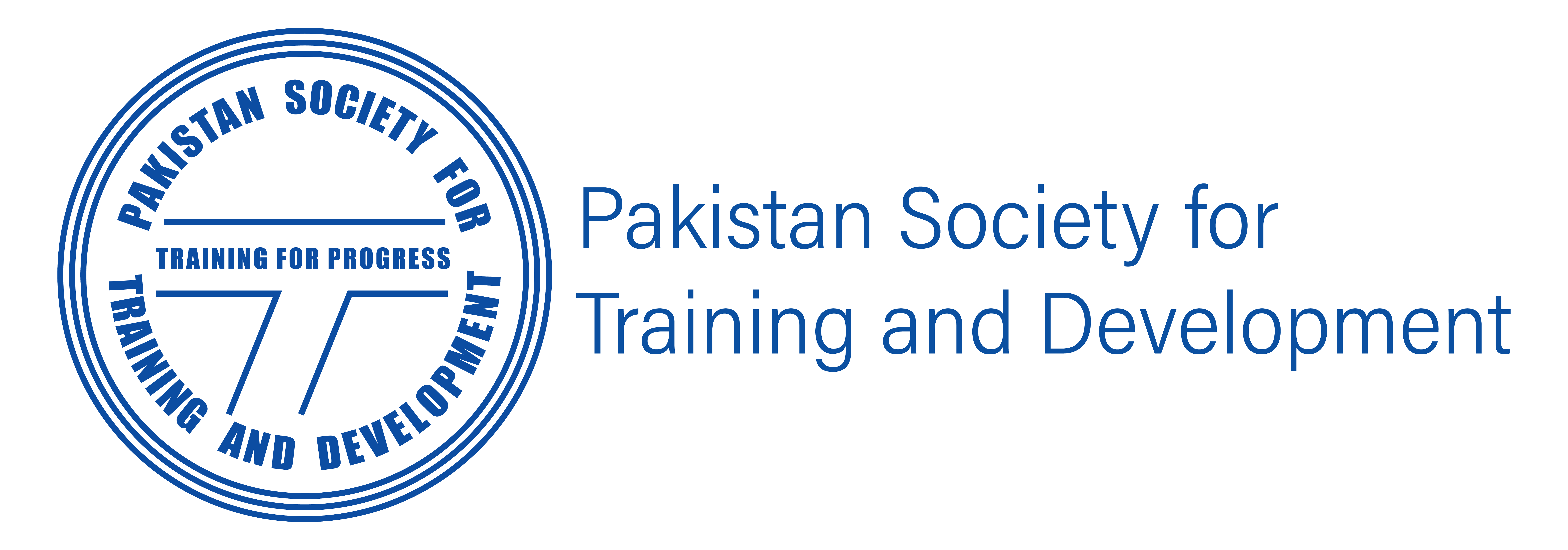Crisis Management & Risk

Course Features
Course Details
Introduction
Over the last 10 years we have seen a multitude of serious disasters and crisis where senior management have never been far away from the headlines.It is our view that all businesses need to be ready and able to deal with any potential emergencies and disruptive events. Examples of these include natural disasters, severe weather, flooding, financial losses and any deliberate internal or external acts including attacks such as a lone active shooter.
History has shown that a crisis can happen suddenly andwith no notice (e.g. a ship sinking) or it could develop gradually (for example, a ‘flu epidemic; diseases such as Covid19; or something as simple as widespread industrial action). Our two-part online course aims to provide you with a practical integrated approach to the fundamental principles of crisis management by promoting solutions and providing attendees with a wider understanding of how to react under such testing circumstances
Training Content:
Workshop Content – Part I
Introduction to Crisis Management principles:
- A simulated emergency scenario to engage the learners from the start to cover indigenous crisis to locality
- Define crisis management within the context of your organization and its purpose
- Examine the enterprise wide inter-disciplinary approach to enterprise risk management and its contemporary application to resilience
- Evaluate the core elements and principles of business continuity
- Apply theories and processes to a diversified range of organizational contexts including your own
- Explore the importance of communication during a crisis
Workshop Content – Part II
Business Resilience management process:
- Prepare and plan your key emergency, contingency and continuity plans what does consequence management look and feel like?
- Developing and implementing emergency response and recovery by exercising your plans
- Building a resilient society to ensure businesses and communities are better prepared for, and able to recover from, emergencies
Risk Management framework and embedding a positive resilience culture
- Appreciating the importance of a positive resilience culture, how it significantly affects the capability to take strategic decisions and deliver on performance promises
- Discuss how to embed resilience management
- How to monitor and evaluate lessons learnt and related action plans
Learning Outcome
- Learn to integrate knowledge and to analyse, evaluate and manage the different public health aspects of disaster events at a local and global levels, even when limited information is available.
- To describe, analyse and evaluate the environmental, social, cultural, economic, legal and organisational aspects influencing vulnerabilities and capacities to face disasters.
- Understand to work theoretically and practically in the processes of disaster management (disaster risk reduction, response, and recovery) and relate their interconnections, particularly in the field of the Public Health aspects of the disasters.
- Understand and analyse, and communicate information on risks, relief needs and lessons learned from earlier disasters in order to formulate strategies for mitigation in future scenarios with the ability to clearly present and discuss their conclusions and the knowledge and arguments behind them.
- Learn to design and perform research on the different aspects of the emergencies and disaster events while demonstrating insight into the potential and limitations of science, its role in society and people’s responsibility for how it is used.
- Analyse and evaluate research work on the field of emergencies and disaster while demonstrating insight into the potential and limitations of science, its role in society and people’s responsibility for how it is used.
Training Methodology
Virtual interactive approach
Who should Attend
Mid to senior level managers from all department of the organization
Trainer Profile:
Rob Hoblin is a leadership and management consultant. He has done his MBA from Oxford University and is a Member of Royal College of Defense Studies (MA in International Studies with KCL). Currently Rob is owner of company by the name of Carmdale Ltd, providing direct and associate training/coaching services to clients such as ACCA, Bunzl, Adecco, Costa Coffee, England FA, System Group, Capita, NHS, Civil Nuclear Constabulary, Sopra Steria, Ashridge Group and many others. Rob has delivered program on Crisis Management for Saudi Senior Civil Service and delivered training programs for NHS (Demand & Capacity), Ministry of Justice UK, Ministry of Defense UK, Local Government and various London Boroughs. He was head of Central Operations including responsibility of training over 3,500 police staff for mandatory and specialist firearms related delivery. Rob has delivered training Crisis Management through-out the UK, Qatar, Abu Dhabi, KSA, Oman, Kenya, Ghana, South Africa, Ukraine and Germany.
Training Fees: 32,500 /+ GST Member price & 35,500/ + GSTNon Member
For Registration: https://forms.gle/JQf6f3RZfD2gk1vHA
For Further Details
mehwish.iqbal@wordpress-764963-3017117.cloudwaysapps.com 03219433622
huma.alvi@wordpress-764963-3017117.cloudwaysapps.com 03222039799
Click here to Download Flyer
Cancellation Policy:
PSTD Cancellation Policy – Cancellations made at least 5 working days prior to the program will be refunded 50%. If a booking is canceled in less than 5 working days, no refunds can be given. Cancellations must be confirmed by a letter or email. Substitutions may be made at any time for the same program only. In case of the participant not showing up on the day of the training a replacement can be sent.

